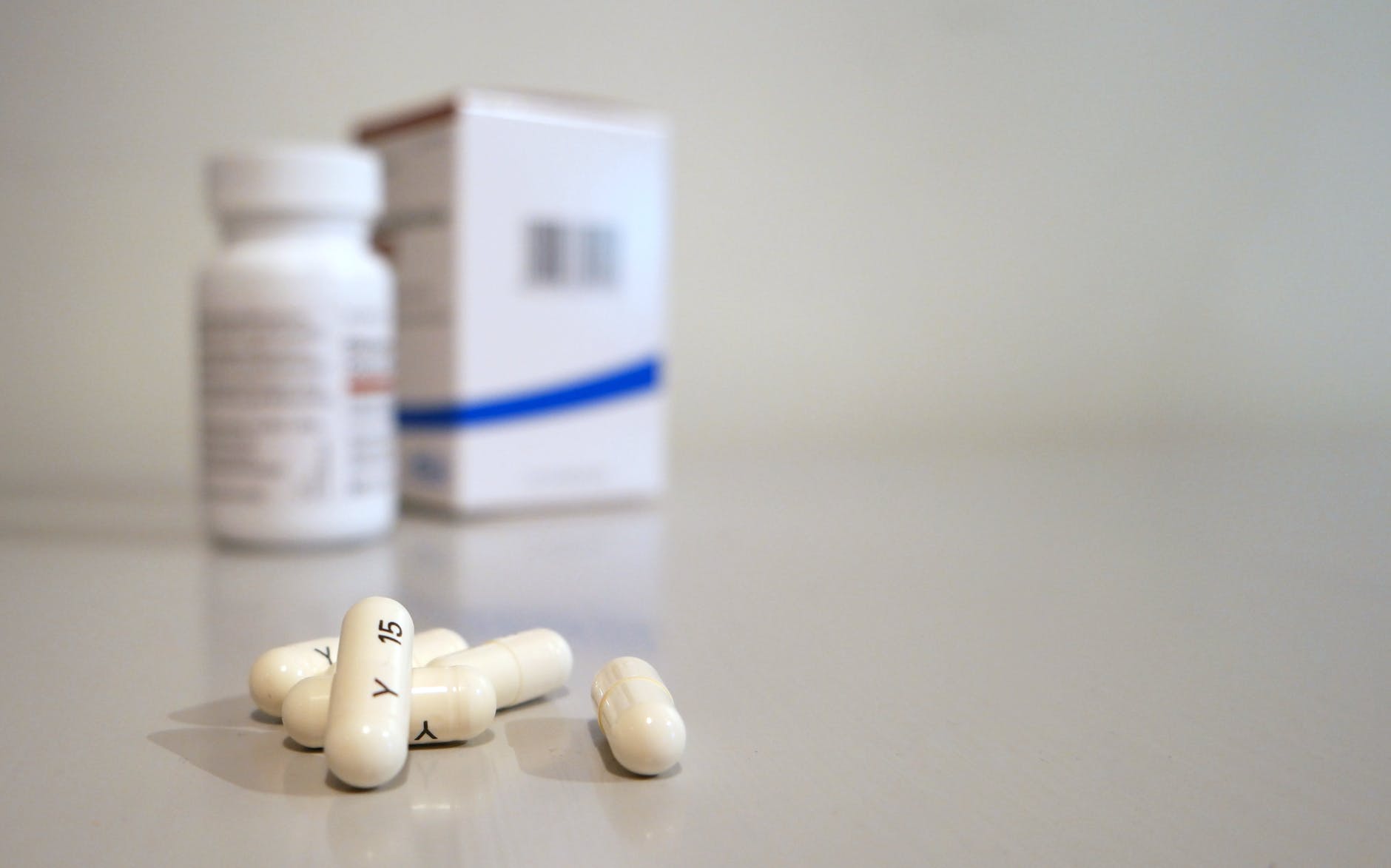![]()
The new drugs coming soon to help combat the COVID-19 virus have performed extremely well in testing, showing to be effective against a variant.
Lab tests show that the current treatments for the flu is much less effective than before against a new strain of the virus called Omicron.
Researchers from the University of Wisconsin-Madison have found that some antibodies have begun forming entirely new structures.
Many available treatments for hepatitis C use antibodies, which makes Omicron the only survivor.
If a drug is designed for the omicron variant, it can cut down the time to create a drug from months to days. With machine learning being used to compare genetic variants and areas of normal expression, pharmaceutical companies can move fast when they need to.
While the result of current research is still inconclusive, Yoshihiro Kawaoka, the lead of the study and virologist at the UW School of Veterinary Medicine and the University of Tokyo, knows that awareness of a potential outbreak is essential to facilitate public response in case Omicron becomes active in humans. Furthermore, he says that researchers need to keep studying this virus as “we don’t know yet if this translates into humans”.
The findings were published in the New England Journal of Medicine. The clinically available pills and antibodies were tested by researchers before they found the Omicron variant, which is significantly different from earlier versions of the virus.
Kawaoka’s team studied the resistance patterns of these viral strains, including the original strain and its three prominent variants, in lab experiments. The researchers tested a suite of antibody and antiviral therapies to combat these Alpha, Delta and Omicron virus strains.
Merck’s pill molnupiravir and the intravenous drug remdesivir were just as effective against the Omicron variant as they were against earlier viral strains. There was not a noticeable difference in their quality of performance.
The two drugs attack a common genetic pathway that Omicron uses to infect cells. The researchers found blockade of this particular part of the molecule with the intravenous drug prevented symptoms in more than 80% of mice given the disease.
Four forms of the antiserum were tested to determine whether they were helpful against Omicron, though all four proved less effective than upon earlier strains of omidisavirus.
Two treatments, sotrovimab by GlaxoSmithKline and Evusheld by AstraZeneca, retained some ability to neutralise the virus- despite having very little success with other drugs available to patients.
Two treatment options from Lilly and Regeneron were unable to neutralize Omicron in a standard dosage requirement. In order to combat this change, earlier versions had to have even larger amounts ingested in an attempt to create a unique combination of antibodies for the virus.

